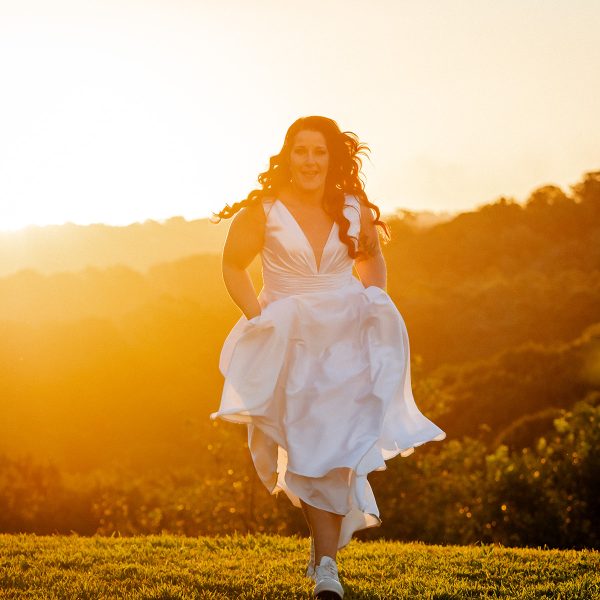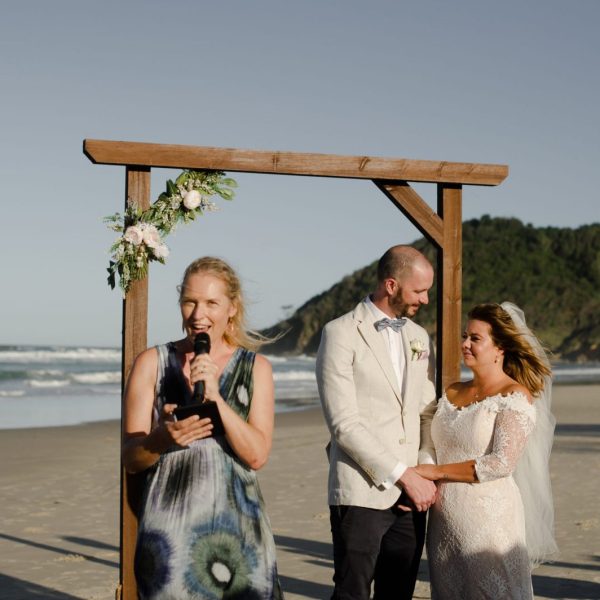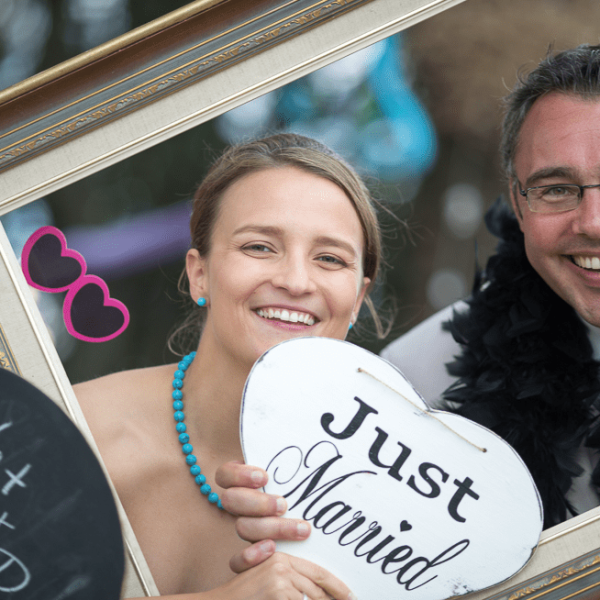Scams in the wedding industry- read through to see a scam email that landed in my email inbox this week and how I responded.

In the wedding industry, receiving new enquiries is always exciting—but unfortunately, not every enquiry is genuine. Scammers often target wedding vendors, sending fraudulent emails designed to waste time, steal information, or trick businesses into financial loss. Whether you’re a celebrant, photographer, planner, or venue owner, it’s essential to recognise the red flags of a potential scam. Here’s how to spot suspicious wedding enquiries and protect your business.
Vague or Unpersonalised Messages
One of the first warning signs of a scam wedding industry enquiry is a generic email that lacks personalisation. Scammers often send mass emails to multiple vendors without mentioning specific details.
Red Flags:
- No mention of your name or business.
- Generic phrases like “I am looking for a venue/planner/celebrant for my wedding” without specifying a location or date.
- Requests for services you don’t offer (e.g. asking a celebrant for a venue booking).
Example Scam Message to a Celebrant:
“Hello, we are looking for a venue and wedding planner for our wedding this year. Can you provide availability and pricing?”
How to Respond:
If the enquiry is unclear, ask for more details:
- “Could you let me know how you found my services and the location and date of your wedding?”
A scammer will often ignore your questions or reply with another vague message.
Unusual Payment Requests or Overpayment Offers
A common scam in the wedding industry involves overpayment fraud, where the scammer offers to pay more than required and asks you to refund the excess amount—only for their payment to later bounce.
Red Flags:
- Offering to pay before discussing details.
- Insisting on paying via cheque, wire transfer, or a third-party agent.
- Asking you to pay another vendor on their behalf.
Example Scam Message:
“I want to book your services but can only pay via international bank transfer. I will send an extra amount so you can forward the rest to my wedding planner.”
How to Respond:
Never accept overpayments or process payments on behalf of a third party. Insist on standard secure payment methods (bank transfer, PayPal, Stripe) and verify payment before delivering services. Ask them to book a video call as a ‘meet and greet’.
Requests for Urgent Responses
Scammers often pressure vendors to reply quickly so you don’t have time to think critically about the request.
Red Flags:
- “Please respond ASAP with all details and pricing.”
- Lack of patience when asked for additional information.
- Unrealistic urgency (e.g., a request for a wedding next week with no prior planning).
How to Respond:
Legitimate couples wanting urgency in your response will generally pick up the phone and call rather than email (in my experience). If an enquiry feels overly demanding, take your time to verify its legitimacy. Ask for a phone call to gather specific details and be wary if there aren’t any.
Strange or Unnecessary Details
Some scam emails include random personal details to appear more authentic but seem out of place.
Red Flags:
- Mentioning citizenship or nationality unnecessarily (“I am Canadian, and my fiancé is Portuguese”).
- Overly polite and formal phrasing eg. “I appreciate your kind cooperation and look forward to working with you.” or “Best regards and have a blessed day ahead.” or
“Looking forward to your swift response. Warmest regards.” - An email that feels copy-pasted or doesn’t flow naturally.
Unusual Email Addresses
Legitimate couples usually email from personal email accounts, but scammers often use strange or temporary emails.
Red Flags:
- Emails from generic addresses like weddingbooking123@gmail.com.
- Unusual domain names (e.g., john_doe@consultant-info.net instead of @gmail.com or @outlook.com).
- A different sender name than the email address suggests.
How to Respond:
Check the sender’s email in Google to see if it has been reported in scam databases. If the email seems suspicious, don’t engage further.
Lack of Specific Venue or Location Details
Most genuine wedding enquiries mention a venue, region, or wedding location early on. If an enquiry lacks this information, it could be a red flag.
Example Scam Message:
“We are planning our wedding for September and need a quote.” (No mention of where the wedding is happening.)
How to Respond:
Ask them: “Can you confirm the location and venue for your wedding?” If they evade the question or respond vaguely, proceed with caution.
Example Scam Message that I got this week
“I hope this message finds you well. My partner and I are planning our wedding and we are looking for a venue and wedding planner for our
wedding this year, and we are hoping to get a quote from you and some additional details if possible. Could you please provide us with the following information:
– Availability on September date, 2025.
– Cost breakdown.
– Policy regarding officiants:
I am Canadian but my fiancée is Portuguese.
Your prompt response with the requested details would be greatly
appreciated.”
How I Responded:
“Thanks for reaching out! I’d love to learn more about your wedding plans and see how I can assist. Just to clarify—are you looking for a celebrant to officiate your wedding ceremony, or are you inquiring about a wedding venue and planner? I specialise in officiating ceremonies, so if you’re after celebrant services, I’d be happy to provide details.
To help me tailor my response, could you please share:
-
The location you’re considering for your wedding.
-
How you found my services (e.g., Google, social media, recommendation).
-
Any specific ceremony details or preferences you already have in mind.
Once I have a bit more information, I can provide a more accurate quote and confirm my availability. Looking forward to hearing more about your special day!
^Why This Works
It filters out scammers – A real couple will happily answer these questions, while a scammer might ignore them or respond vaguely.
It avoids providing pricing or availability upfront, making them work for a response.
It keeps you professional but cautious.
🚨 Red Flags to Watch in Their Response:
-
Avoiding your questions or repeating generic wording.
-
Saying they need to send extra money or pay via cheque, wire transfer, or third-party payment.
-
Strange excuses like being “out of the country” and needing a friend to handle payment”.
I once had another scam email purporting to be for a ‘captain at sea’. This was the reason given as to why it was too difficult to set up a video meet and greet. The scammer was then also vague about date and venue of the ceremony, saying only that he had a budget of 2.5 Million dollars and wanted it at a place of my choosing in Australia!
How to Protect Your Business from Scams in the Wedding Industry
- Verify enquiries before sending pricing details – Ask follow-up questions to gauge their legitimacy.
- Use secure payment methods – Never accept overpayments or process third-party payments.
- Trust your instincts – If an enquiry feels off, it probably is.
- Search for scam reports – Google the email address or key phrases to see if others have reported similar scams.
- Set clear policies – Have a standard enquiry form on your website to filter out suspicious requests.
Final Thoughts
As wedding professionals, we love helping couples plan their dream day, but unfortunately, scammers try to take advantage of our industry. By recognising the warning signs and following a cautious approach, you can protect yourself from time-wasting and fraudulent wedding enquiries.
For my celebrant services, as long as you aren’t a scammer, contact me here!
Report a scam here: https://www.scamwatch.gov.au/report-a-scam


